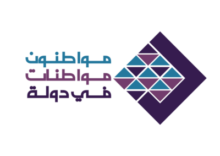Financial Liaising
The banking system collapsed and with it the central bank. The fundamental question: what functions must financial intermediation fulfill during the transition period? And what banking sector does Lebanon need? At what stage of the transition should the banking sector be rebuilt? The required function of the banking system is to mobilize available internal and […]
